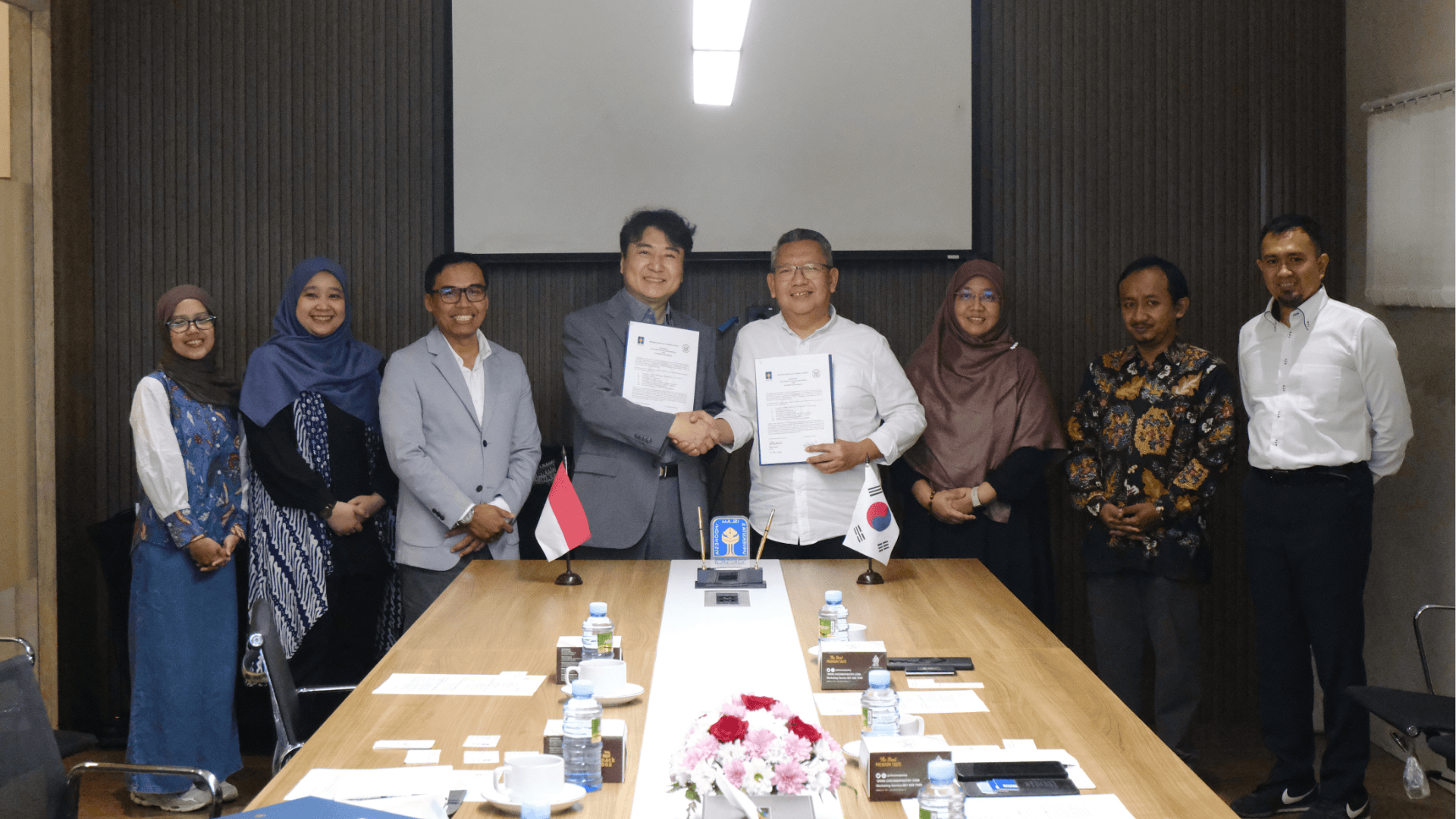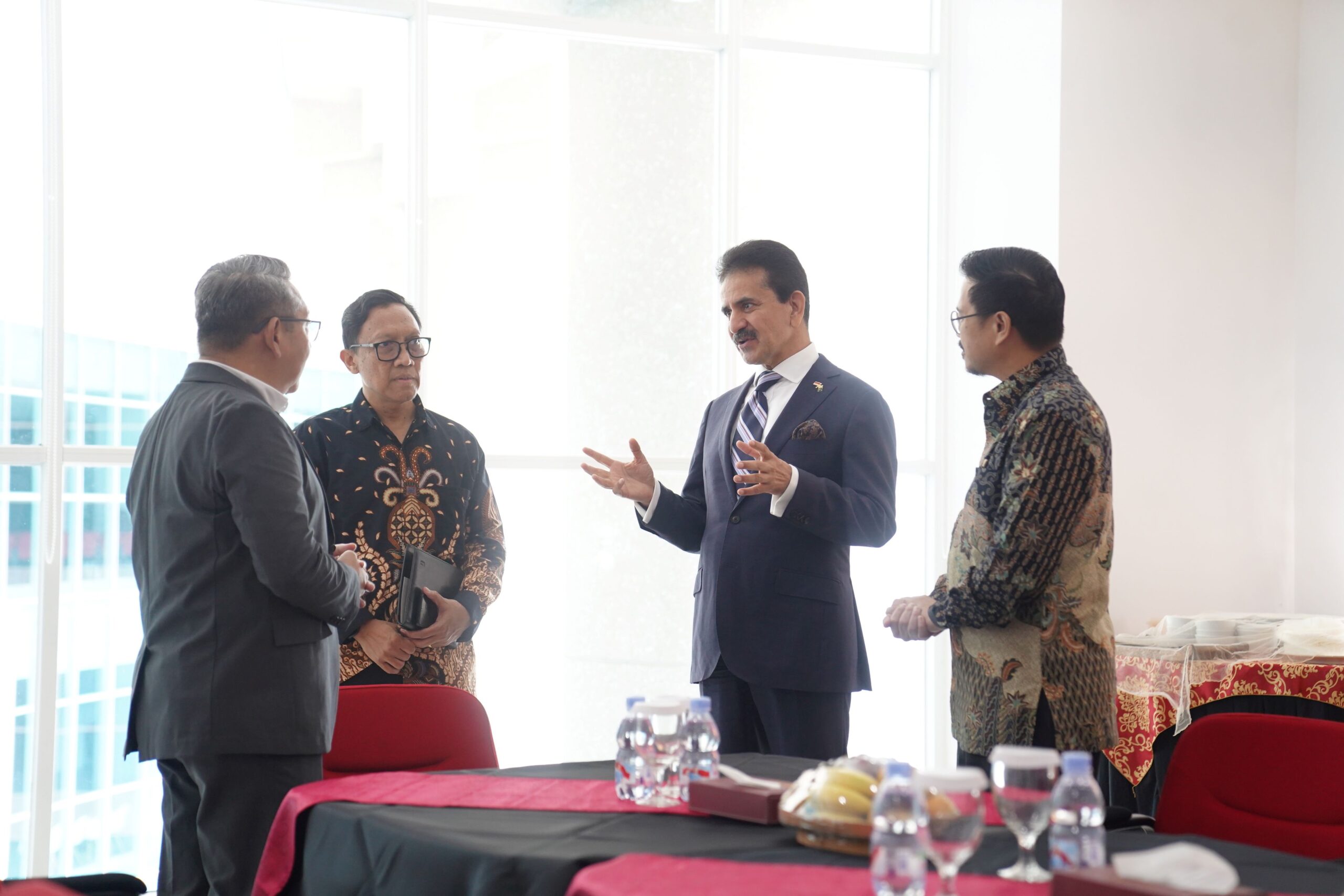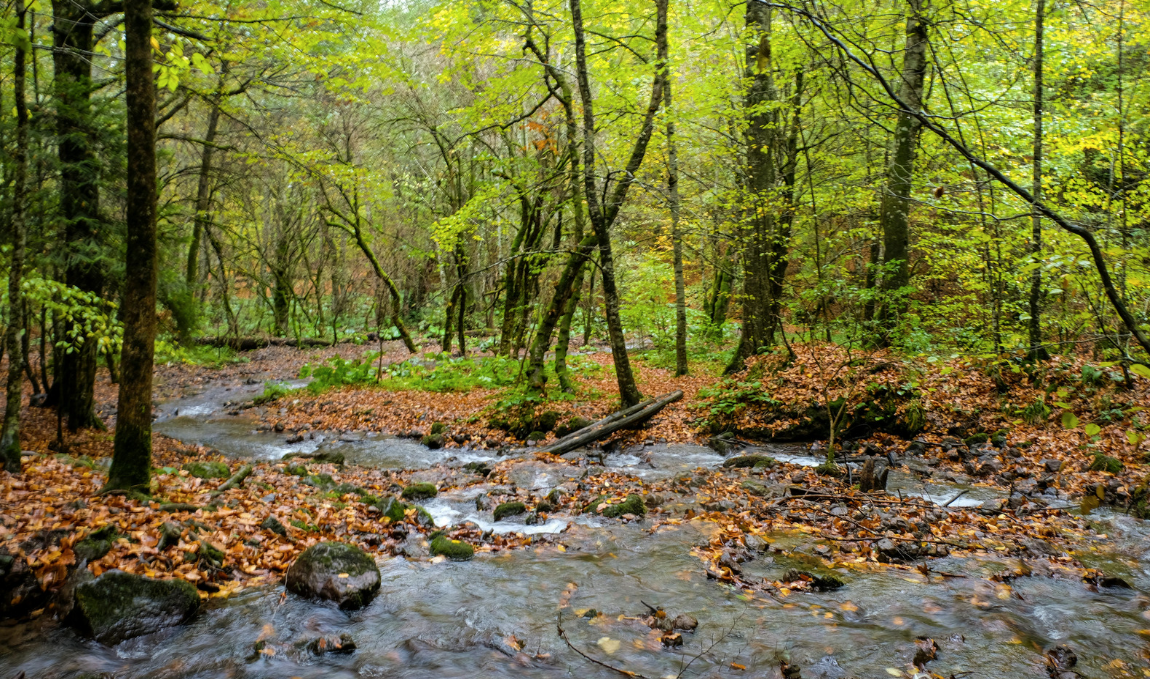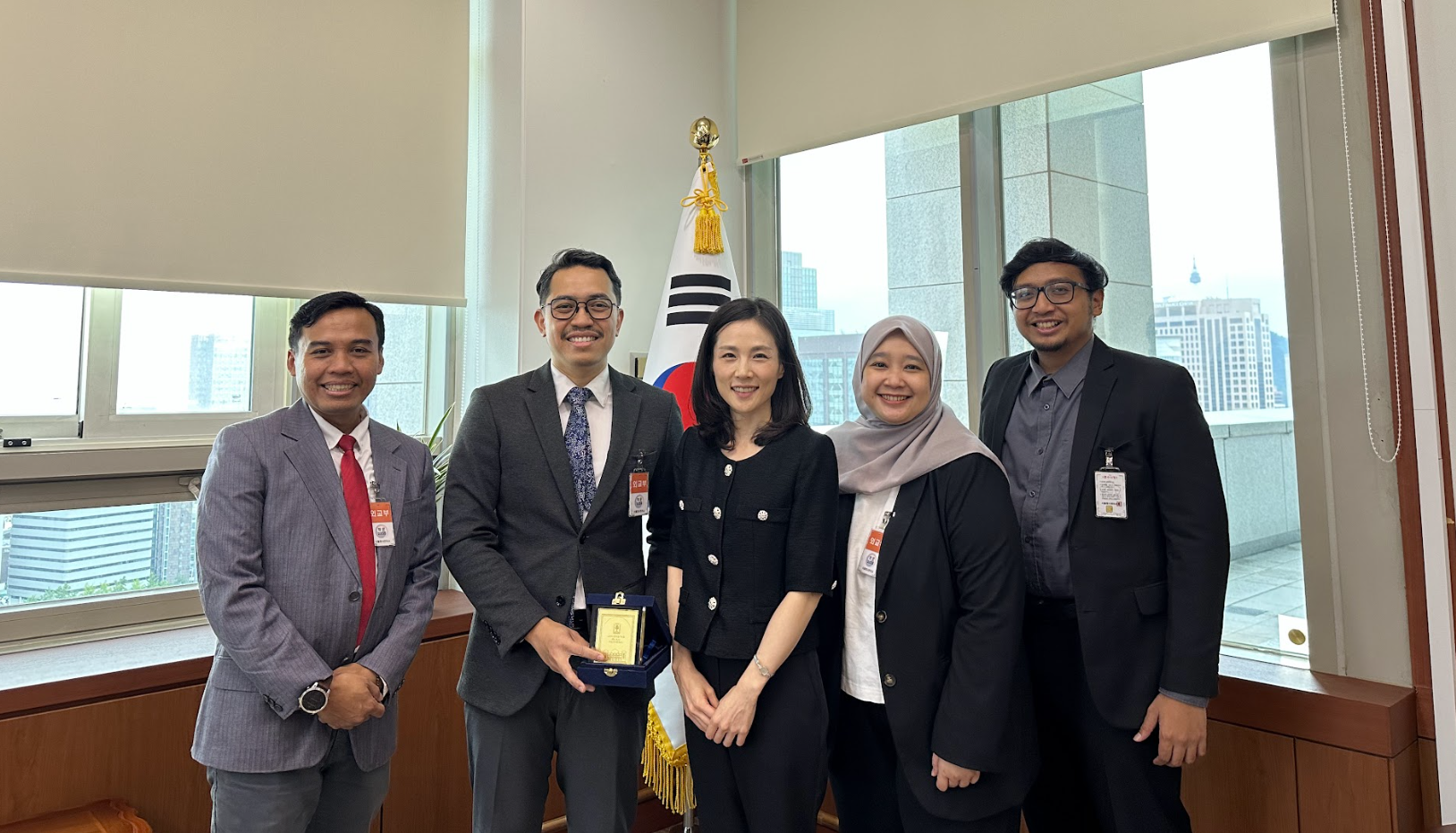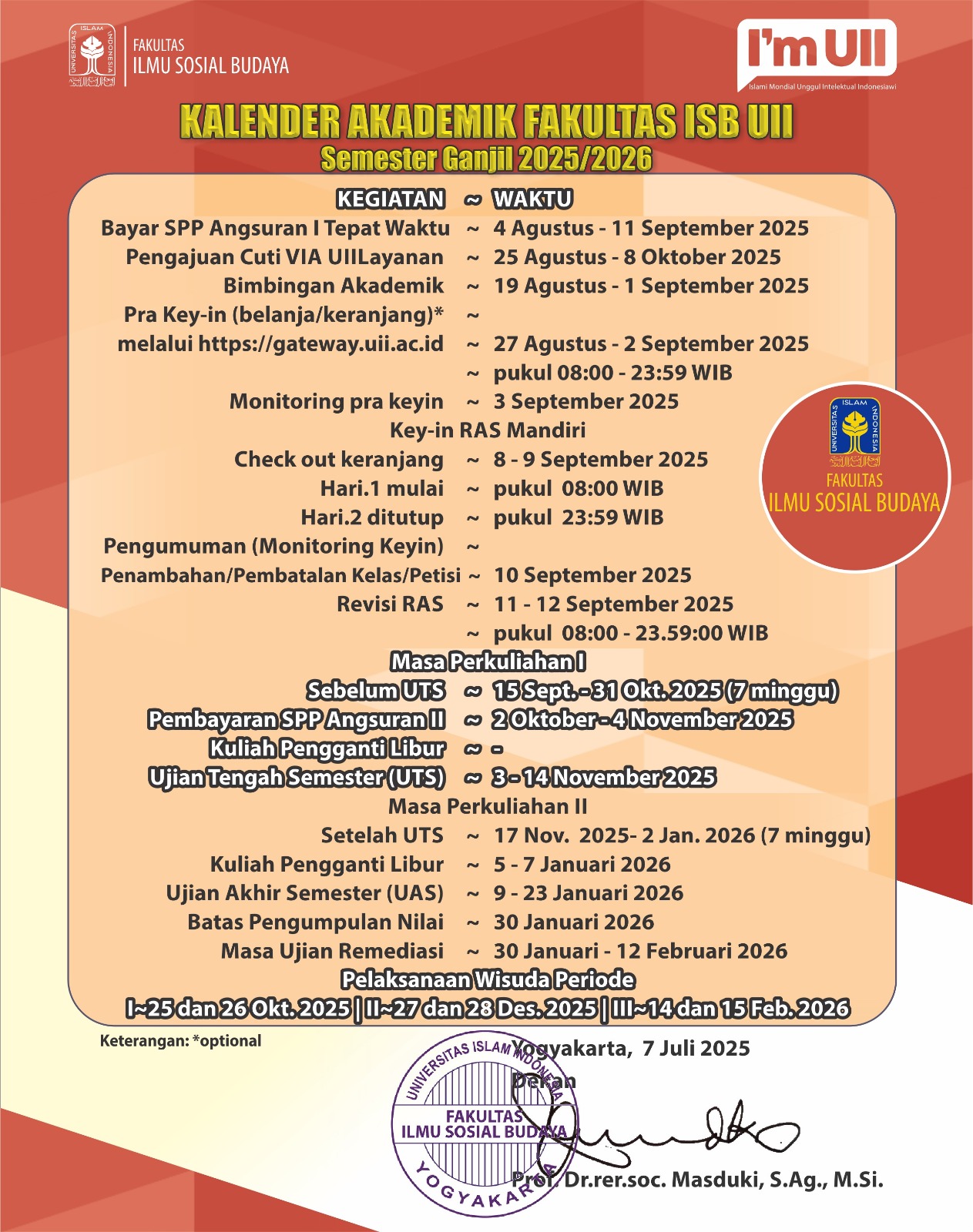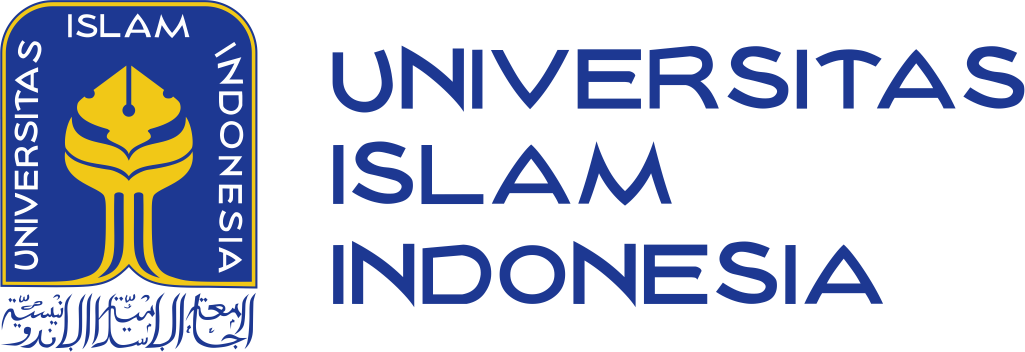Bridging Civilizations, Turkeyʼs Pivotal East-West Connection
Written by Reyga Ardheas Tara
Turkey has a unique role as a link between East and West. The Bosphorus Strait that provides the backdrop for Turkey’s remarkable vitality serves as a “center of gravity” in a highly cosmopolitan society, bringing together many cultural, ethnic, and ideological components. The Bosphorus Strait is more than simply a body of water; it’s a dynamic lifeline. Images of Ottoman architectural glory stand on the Asian side, while Byzantine-style Christian churches on the European side. These two diverse elements blend into a magnificent whole while representing Istanbul’s historical past as the capital of two superpowers.
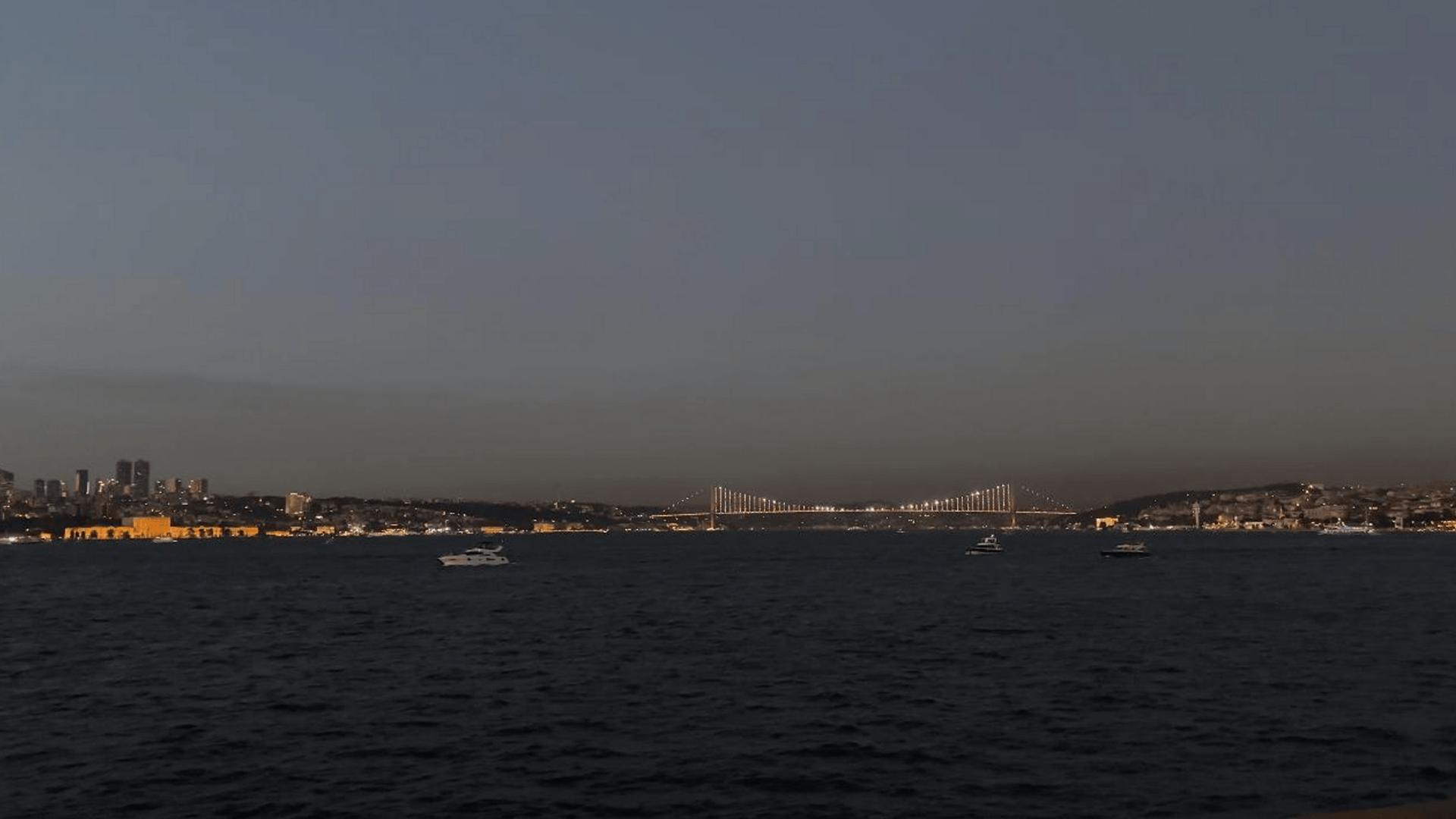
Picture 1. The illuminated Bosphorus Bridge stands as a powerful symbol of cultural unity, elegantly connecting the European and Asian shores while luxury yachts glide beneath its spans, embodying Istanbul’s role as a crossroads of civilizations.
The finest way to see the Bosphorus is on one of the historic ferry boats called “vapurs,” which provide an incomparable view of the city’s broad landscape. The golden sun that dances across the water’s surface as sunset draws near shows off the historic towers and mosque domes that cover both sides of the strait, creating a captivating sight.
When Istanbul’s sky turns into a painting of orange, pink, and purple hues around sunset, it’s the most captivating time of day to sail. On deck, guests may have a hot cup of çay (Turkish tea) while taking in views of the great Rumeli Fortress and the exquisite Dolmabahce Palace.
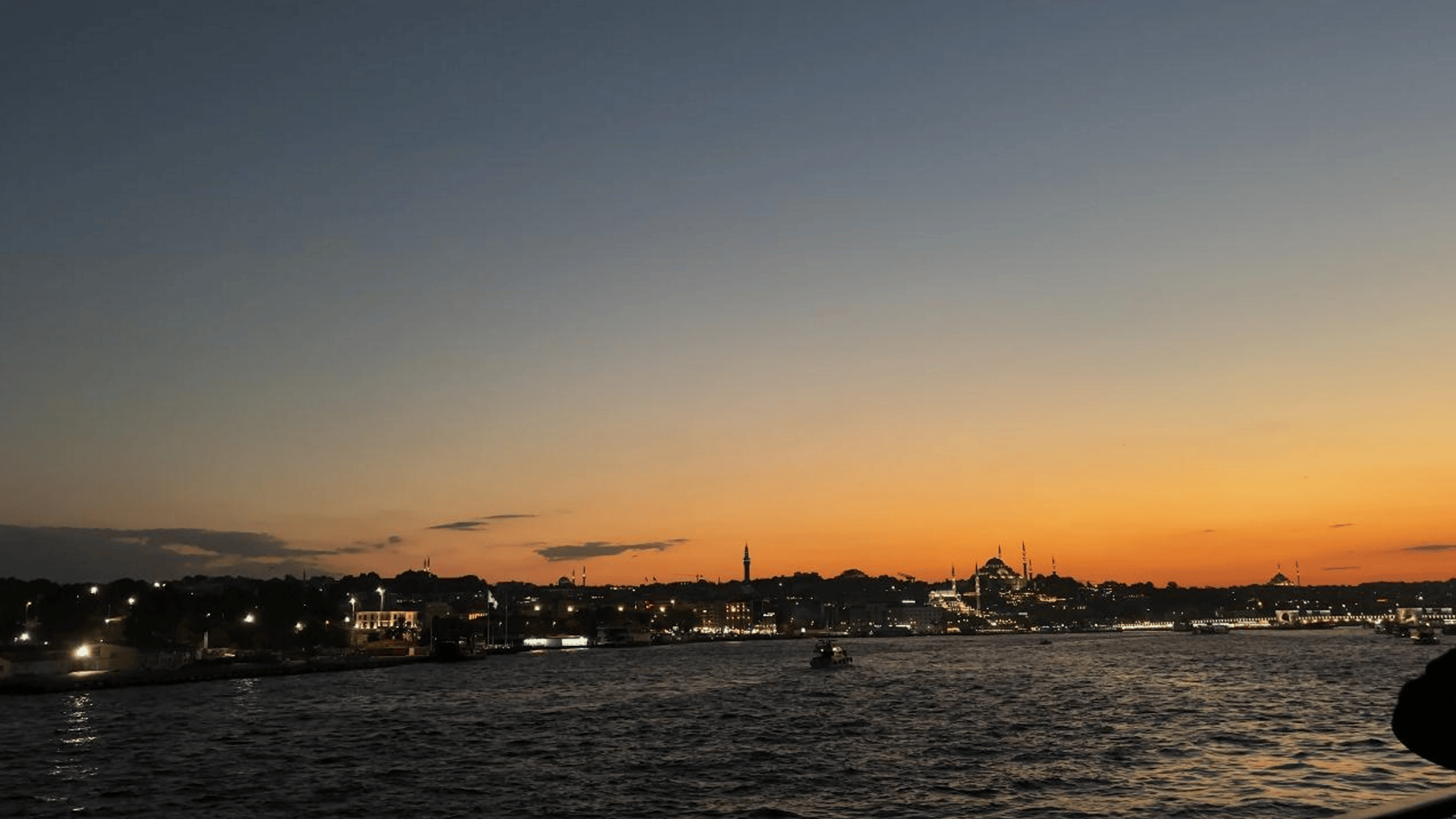
Picture 2. Bosphorus Strait, the magical sunset over the Bosphorus paints the sky in vibrant oranges and golds, creating a mesmerizing silhouette of Istanbul’s iconic mosques and historic skyline against the twilight horizon.
The Bosphorus ferry system, which embodies Istanbul’s distinctive cross-continental culture, is an essential means of transit for its citizens throughout the trip. Many of locals cross the strait every day to commute from their homes on the Asian side to their places of employment in the European commercial areas, or the other way around. Istanbul’s unique urban dynamics, where geographical barriers between continents are linked by sea public transit, are reflected in this daily movement trend. With professionals, students, and workers considering their cross-continental voyage not just as a means of transportation but as a treasured ritual that provides opportunities for introspection when traveling between Asia and Europe, the ferry commute has been ingrained in the local way of life. This maritime commuting culture represents a unique aspect of Istanbul’s urban identity, where the strait serves not as a barrier but as a connecting force in the city’s social and economic fabric.
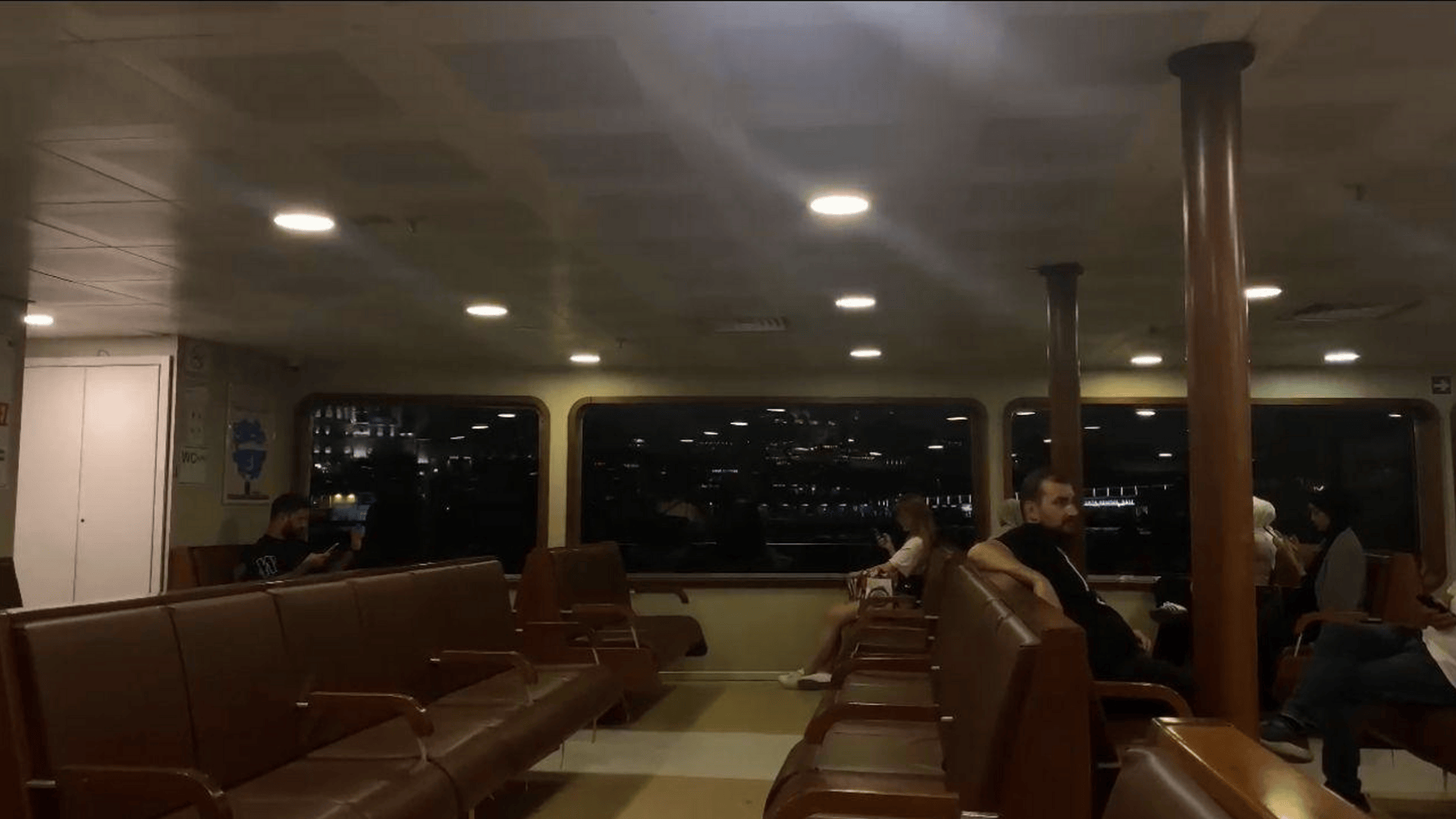 Picture 3. local commuters aboard a Bosphorus ferry make their routine cross-continental journey between Europe and Asia, embodying Istanbul’s unique lifestyle where crossing between two continents is as natural as a daily commute.
Picture 3. local commuters aboard a Bosphorus ferry make their routine cross-continental journey between Europe and Asia, embodying Istanbul’s unique lifestyle where crossing between two continents is as natural as a daily commute.
The Bosphorus serves as a theater for ideological confrontations between secular and conservative Islamic organizations, where the two factions negotiate and find common ground, reflecting the country’s complicated sociopolitical dynamics as it attempts to reconcile the West with the Middle East. In coffee shops and traditional markets around the strait, modern Turks coexist peacefully with Jews, Christians, and other ethnicities, and conversations in Turkish, Greek, Armenian create a symphony that exemplifies Turkish culture’s richness.

